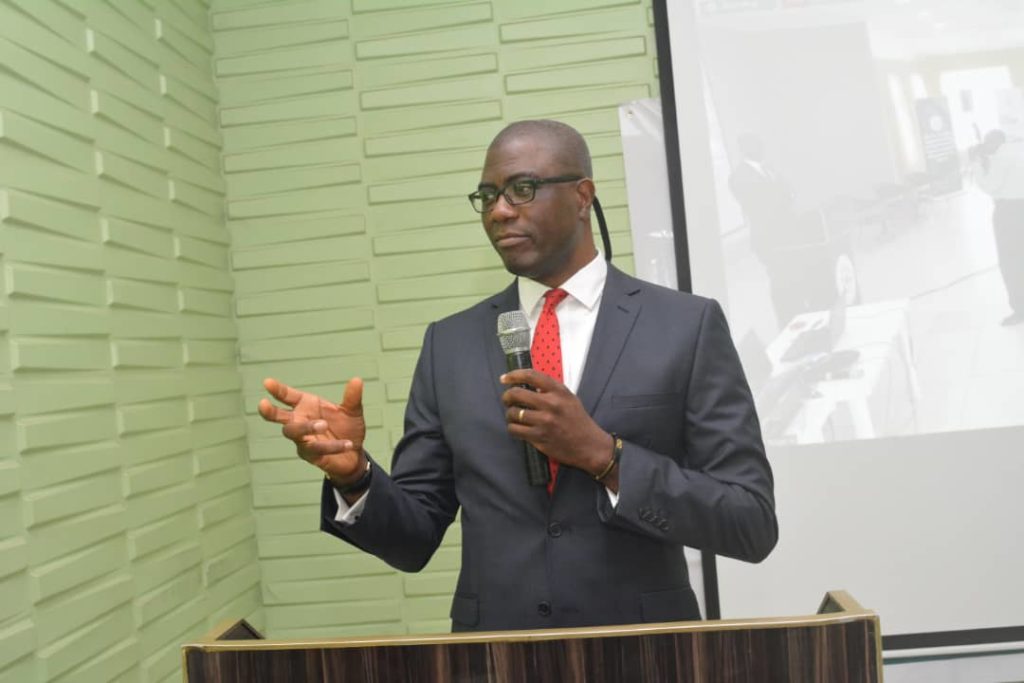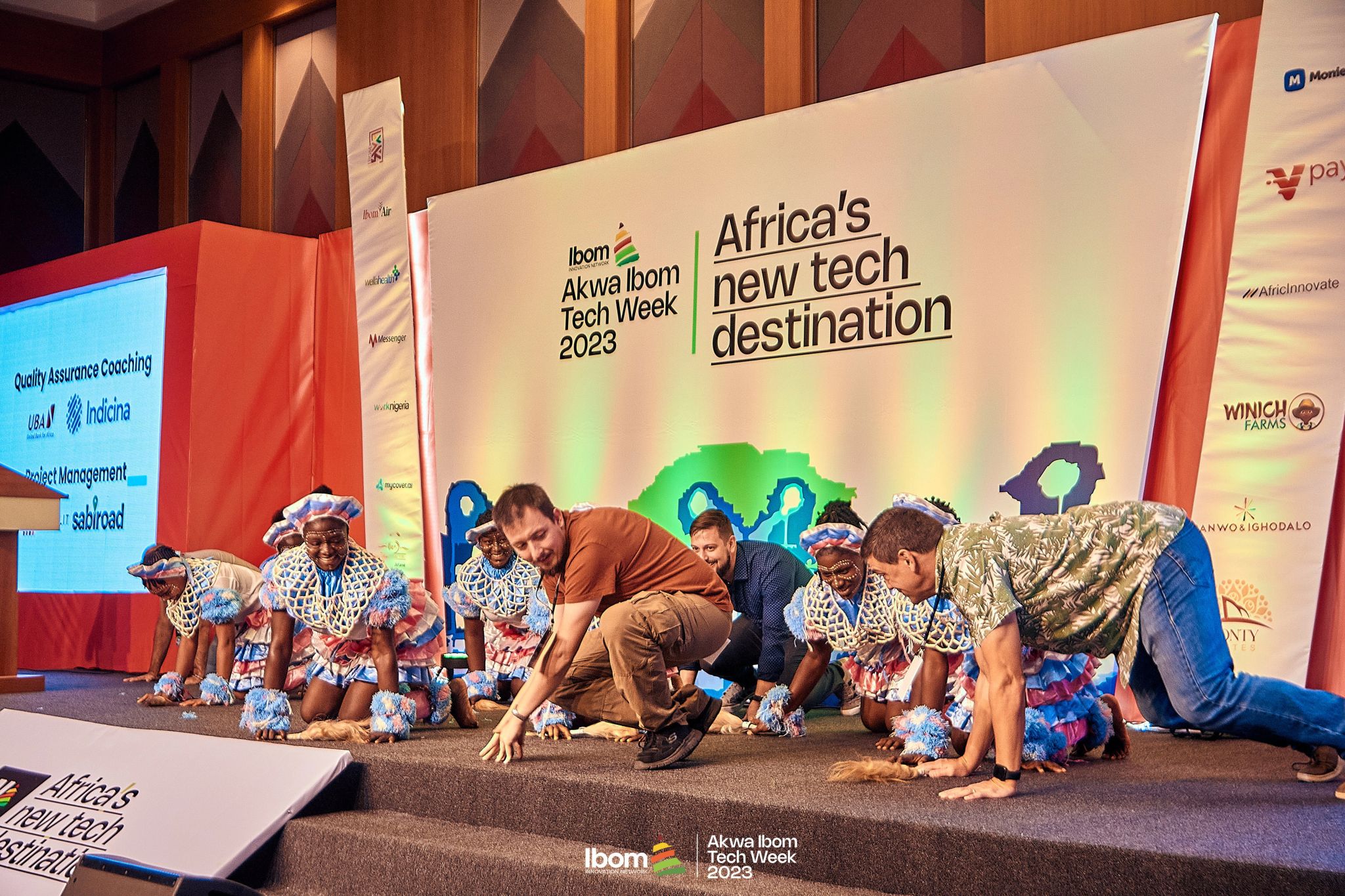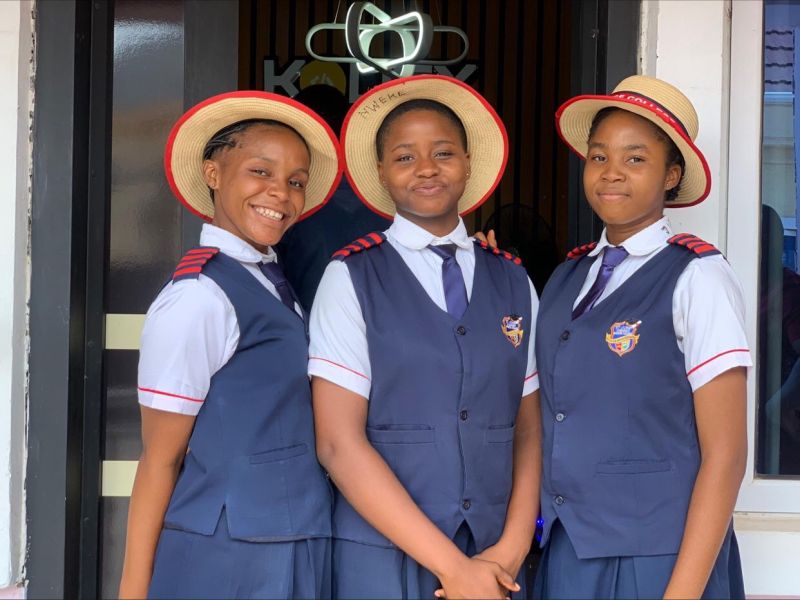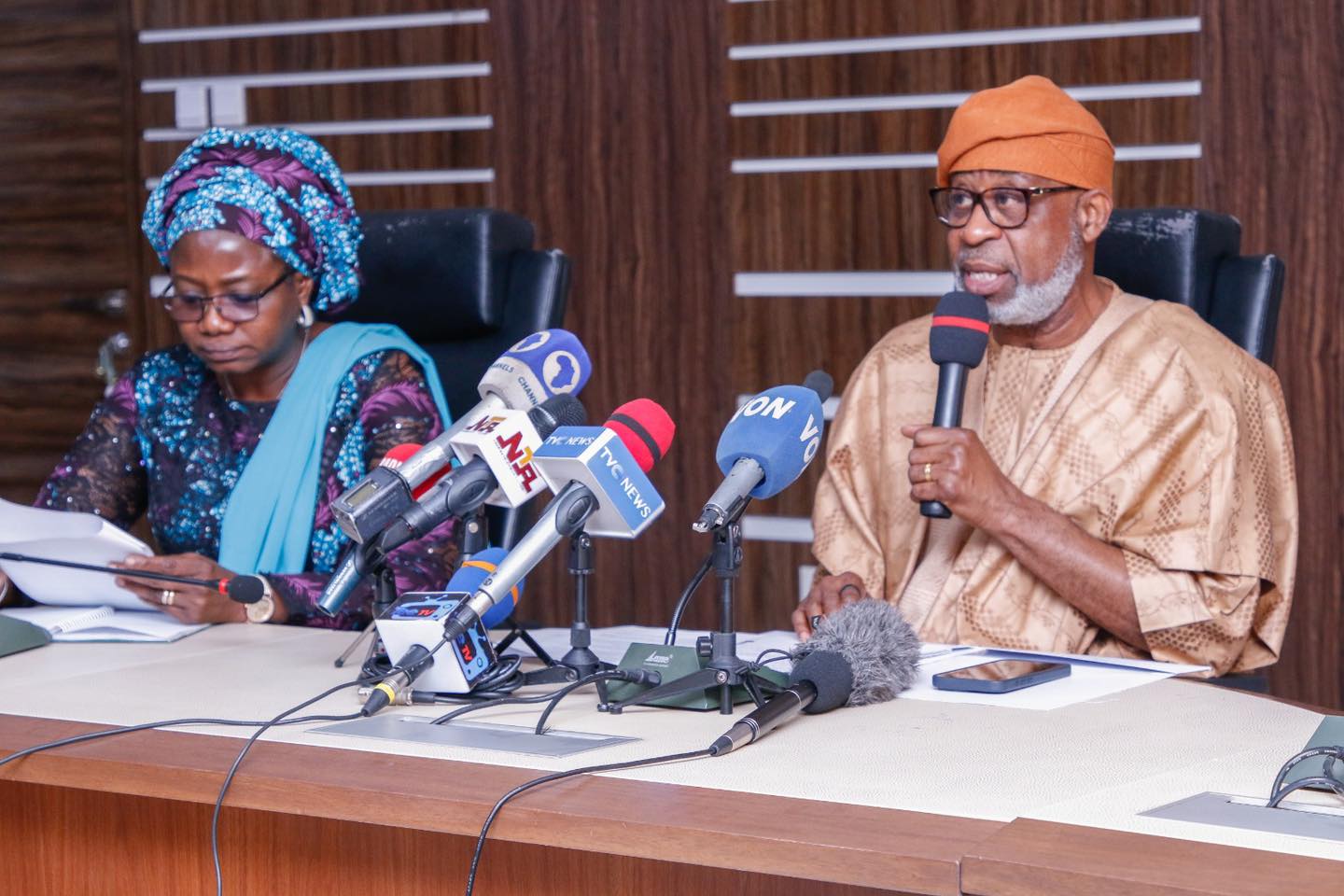Talents are sneezing and employers are rushing to the pharmacy to get drugs for flu. How did we get here?Profits were dwindling. We must cut cost. No one touched remuneration and benefits packages of the top guns. Oh they have paid their dues, we were told, and we must hold their variable and invariable pay constant, no matter what.
First point of cost cutting call; HR. First line item in HR; learning and development. Rather than invest in the workforce and then build a solid bench strength through investing in people, we preferred to hire from outside at a premium, mostly. We focused on ready-made talents to take our businesses to ‘the next level’.
As an instance, check the tech space and tech roles. There’s a joke in town that simple transactions on banking apps are witnessing a ‘go-slow’ because the tech boys have all left town. Hahaha!
The chicken has now come home to roost. Ready-made talents are all headed for ready-made markets and economies. We are left with those we didn’t develop. Leadership seems confused and exasperated. The falcon can no longer hear the falconer, Japa is upon us (not so) suddenly. The talents we didn’t build may jeopardize the businesses we have built.
Time to go back to the basics. We must back-track. Rather than chasing the shadows of those who have left or are leaving, let’s keep the focus on the substance of a pipeline. And on nurturing and developing them. The right leadership and culture and great employee experience may just make them stay a bit longer.
One more step backwards; what can we do to get the younger generation ready for the world of work. Calls for collaboration and partnerships. The returns will not be immediate but ultimately it will pay off. Time to invest in the gains of the future.
The best time to plant a tree was 20 years ago; the next best time is NOW (not my words). Recruiters are busy this period. HR has suddenly become the new bride in many organizations. Too little too late? HR too has joined the japa train!
Mine are just options, there are other solutions. The conversation continues. Time tells the full story…
Yemi Faseun
Chief Talent Officer

















